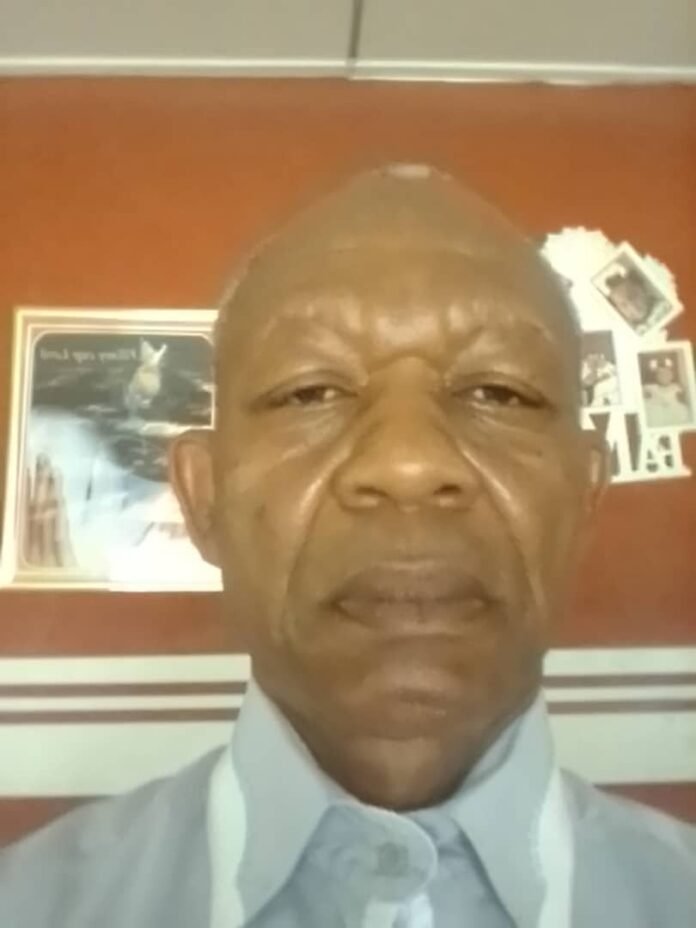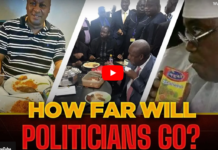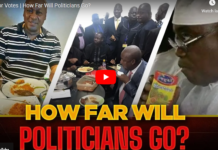
Introduction
As a learner, increasingly, it is becoming difficult to find a media house in Ghana for a great newspaper review exercise. Commonly, if one wishes to stay neutral of NDC-NPP duopoly or political bias then one will always scan through channels to find a set of professionals empaneled for the exercise or switch to other international networks. This is because of the model adopted by the media houses which empanels politicians rather than experts. That promotes political bias, distorts, misinforms, and misleads followers which may go a long way to negatively affect implementation of these same policies. From experience, the NPP Kusi Boafo had advised against this model practice in 2018 yet it persists. A review of this model may be necessary to reduce the over politicisation and encourage public policy information and education. The exercise must benefit it audience.
The Mass Media
Functionally, the mass media broadly serves information, interpretation, instructive, bonding, and diversion. In addition, Allan Kay posits that Media fulfill several roles in culture, including the following: 1) Entertaining and providing an outlet for the imagination; 2) Educating and informing; 3) Serving as a public forum for the discussion of important issues; and 4) Acting as a watchdog for government, business, and other institutions. The phrase “the medium is the message” is explained by McLuhan in the 1960s that each medium delivers information in a different way and that content is fundamentally shaped by that medium to benefit its targeted audience.
For example, the newspaper or the press itself to be reviewed on the radio, television, internet and so on is a medium on its own accord and having shaped its message in playing all the above functional roles including the foremost information function of dissemination. This medium provides our need for information to satisfy curiosity, reduce uncertainty, and better understand how we fit into the world at any point in time and place. The newspaper serves as input to other media outlets. The review session falls largely under the Interpretation function which adds clarity and value to audience. Media outlets interpret messages in explicit and ethical ways. This is where we are caught up with our dominant practicing model.
The Model in Practice:
The pairing up of NDC-NPP or simply empaneling politicians to discuss the newspapers is the practice found in most media houses in Ghana. They may or may not be experts in any field besides their party and its parochial interests. Usually, it is the so-called “Party Communicators” who dominate this game. Party biases are excellently visible and often placed above national interests. Largely, these guys lack what is called work experience, especially in the public sector, the policy fields among others.
The Model Outcomes
The outcomes of such discussions turn out to be mixed to the audience and learners which could go a long way to negatively affect the same government policy it seeks to promote in several ways. On several occations, the review session turns out to be antagonistic and “an unplanned debate” without scoring. In that ensuing process, the assumed “winner” faces the wrath of the assumed “looser” by way of interruption, disruption, and “equalisation” rather than interpretation with truths and facts. The term “equalisation” in local political parlance is to bring about leverage when one political party recalls the wrong or right of the opponent to match its own wrong or right irrespective of context, relevance, and timing.
This leads to a chaotic, irrational, confrontational and time wastage which is unprofessional and unethical. It is not uncommon for the moderator to switch off participants microphones to restore and maintain order. These unprofessional and unethical acts are to defend their party interests rather than the truth, facts and national interests. They forget that judgement is the preservation of the audience – governed, novice, expert and intellectual. They also might have taken for granted the existence of YouTube preserving all their actions for posterity in video, picture and textual formats. In there, the videos and texts which may be further reduced to manageable pieces and quotations for further damage or praise worthy purposes which are mostly beyond the actors control.
At the governance and managerial leadership apex level, for instance: “Review of Free SHS” has come to mean “Cancellation of Free SHS”. Party Communicators, Government officials, and other politicians continue to debate it based on this stance any time it pops up in the newspaper. Such a situation poses challenges to the policy governed, learner, novice and implementers. The Government Performance Tracker and the NDC proposed 24hour Economy controversies are more examples. It is frustrating to follow some of these review sessions for learners, the governed and novices as the expected insights, meaning, understanding and other value additions are missing and or distorted. All these are found in YouTube. Let us pull up NPP Kusi Boafo’s video to continue the discussion.
The Kusi Boafo Reform
“Kusi Boafo returns from Rwanda; We must bow our head in shame when we compare ourselves to Rwanda” was uploaded July 16, 2018 to YouTube. In this video on social media, Kusi Boafo, CEO of the Public Sector Reforms Secretariat [the only nomenclature of a kind in a Ministry in the world] shared his visit to Rwanda where NPP-NDC kind of pairing is illegal in the media. He said that he had monitored all the radio stations in the country and only experts and no politician were permitted to be on air talking their expertise. No jack of all trades but specialists and experts of fields were invited.
Irrespective of his own admission of failure and embarrassment, he continues to feature as a jack of all trades and a talking politician in Ghana. His own Public Sector Reforms which is supposed to have corrected this “anomaly” remain to be seen. Most experts and intellectuals who are eager to see or hear other perspectives are bored and seeking better alternatives elsewhere.
Conclusion
The mass media model for empaneling politicians for newspaper review exercises has not been so attractive to most audience and learners as it turns to distorts and corrupts truths and facts in the policy environment. Policy process and its education are negatively affected as a result. Judgement will go against the distortionist and antagonist. Learners, novices, and the governed intellectuals are abandoning the local media for better alternatives elsewhere. Obviously, the public sector reforms have failed to deliver as promised. The media houses may have to evaluate their newspaper review programmes if they are to keep their audience and even attract more.
Dr Mohammed Ibn Mukhtar
Methodist University Ghana
Accra




